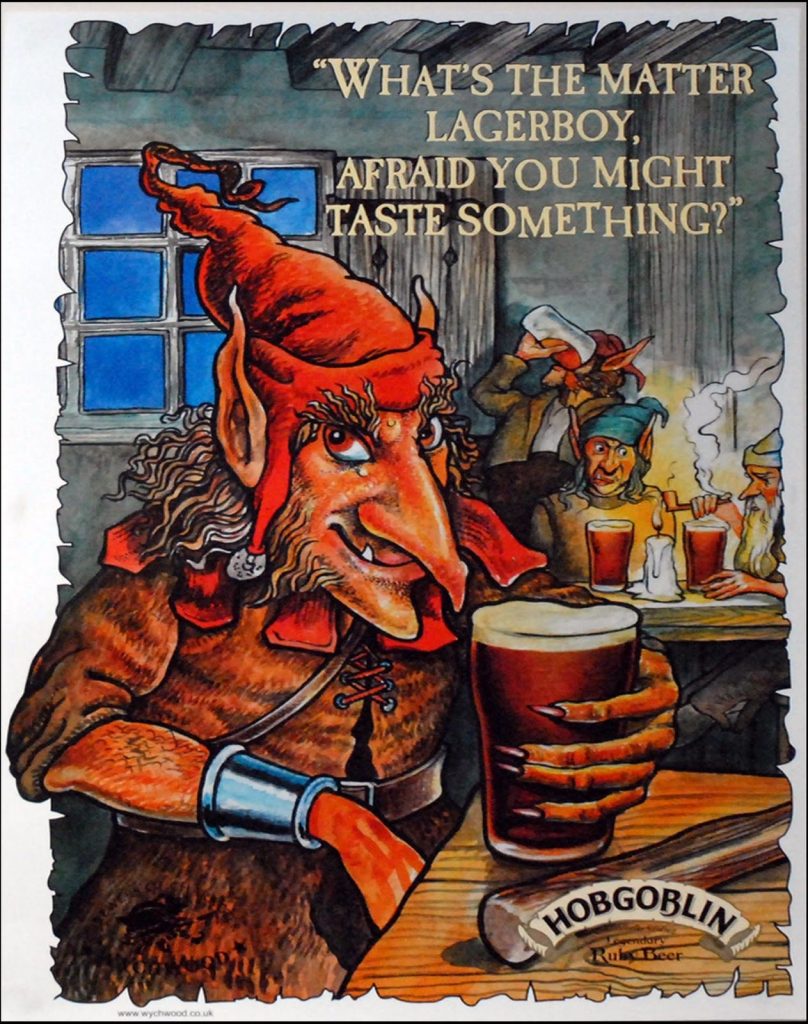A tough neighbourhood inhabited by tough people quick to anger, to violence, to threats to kill. Local businesspeople who move back and forth across the grey area between legitimate business and crime. Adultery. Revenge. A lot of shouting. A story that goes on and on… It sounds a bit like East Enders, but is actually the celebrated four-novel sequence by Elena Ferrante, set largely in post-war Naples, and which, unlike East Enders, includes characters, including the main protagonist Elena Greco, who leave the community in which they grew up. I listened to the novels back to back as audiobooks, which is something like 60 hours of listening, so they certainly engaged me, and yet I didn’t love them.
I’m wondering why I didn’t love them? Maybe part of it was seeing relationships between men and women depicted, from a woman’s perspective, as so disappointing, so ultimately unrewarding. Hard for a man to hear, I guess? And yet all the relationships in these books feel rather cold, including parent-child relationships, and the friendship between two women which forms the spine of the whole quartet (Elena, who leaves the neighbourhood to become a celebrated writer, and Lila, who remains). Elena as narrator is admirably honest in depicting the negative feelings that always exist to some degree in any long-term friendship, but not so good on the positive ones that make us persist with friendships anyway.
And it’s hard to see what really drives Elena (I mean Elena Greco: it’s a little confusing that she shares a first name with the author’s pseudonym but when I say ‘Elena’ I’m referring to the character). She certainly does a lot of stuff, she leaves her working class neighbourhood to go to university, she marries the son of a prominent and wealthy left-wing intellectual, she writes a best selling book, she leaves her husband to have a relationship with another married man etc, but I was left with an odd feeling that she was sleepwalking through all this. She even seems oddly detached from the books she writes. Elena moves from a poor working class neighbourhood to become part of the middle-class left-wing intelligentsia. I know from friends who have made this same transition that this is a bewildering experience, you never quite feel part of the new milieu which you have joined, and you look back on where you came from with a confused mixture of loyalty, affection and contempt. And maybe the impression I got of sleepwalking is the author’s way of depicting this kind of bewilderment, this double estrangement?
Towards the end, Lila experiences a terrible calamity, one of the very worst things that can happen to anyone. Since Elena has already written books based on real people in the old neighbourhood, Lila makes her promise not to write a book based on this calamity. But then Elena does so anyway, winning herself acclaim at a time when her literary reputation has been fading, and ending her friendship with Lila. Of course, it’s a problem for any writer that the things that are most vivid and meaningful to us are often things we can’t write about directly without hurting people, and there are those who argue that a true artist must be willing to sacrifice everything and anyone for her art. (I don’t go along with that myself. I think having to find ways of recasting raw experience in a completely new form is one of those many creative disciplines which seem restricting but are actually liberating.) But we don’t see much of Elena’s thinking on these questions.
In fact, though its narrator and main character is a writer, the quartet didn’t leave me feeling I’d learned much about why or how she writes at all. When still at school, Elena was proud of being one of the best pupils in her year. She talked about her own diligence. She recorded the high marks she received for the assignments she was set, and the praise she got from her teachers. And the way she speaks of her books is rather like that: assignments she has set herself and diligently completed, like a gifted and responsible student.
This approach is in contrast to Lila, the inspired businesswoman, who is even more gifted but refused at school to play the conscientious student, and refuses as an adult to play the meritocratic game and join the decorous ranks of the educated classes. Elena sees Lila as braver than she is, and maybe that sense of her as a diligent student, bright and yet plodding, and always hoping for high marks and praise, is just the way she sees herself.
One thing about audio-books is that one’s sense of the book itself is mediated by a third person (or actually by a fourth person in a case such as this, since the quartet has also been translated from its original language). Hillary Huber, who recorded these books, did an admirable job of developing a different voice for each character, but I imagine the book might have had a different feel if I had read it myself in my own internal voice. (Another issue, incidentally, is that, unlike with a printed text, I can’t easily go back and check things when writing a commentary such as this, which I’d normally do, and have had to rely on my memory.)


